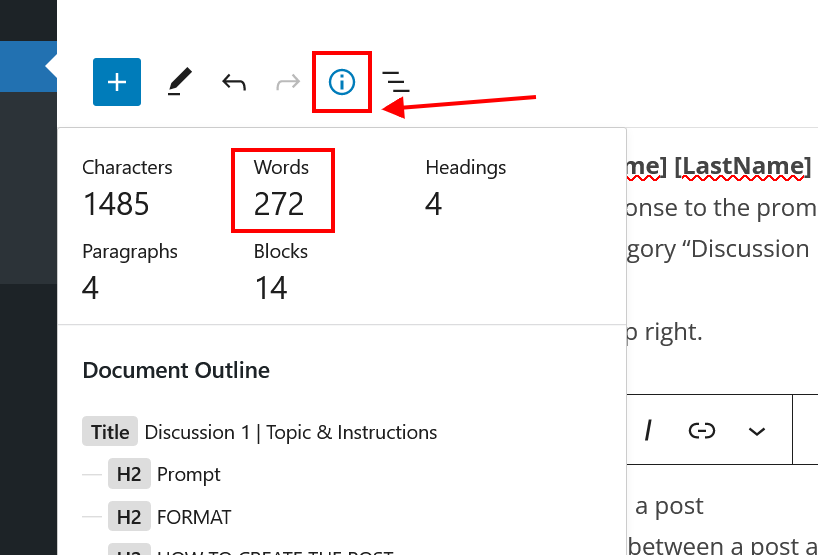What surprised you in the readings and film?
The documentary and inspiring movie “Period. End of Sentence.” shows how difficult it is to be a woman, get an education, and be understood. The lack of knowledge about menstruation, the myths, and the shaming makes life for millions unbelievably unfair and much harder. Usually, in countries where getting basic necessities is a struggle, to begin with. The movie gets close to ordinary people to show how naturally uneducated they are. We see patriarchal structures where men control a woman’s life entirely, and there is very little space for them to escape oppression. I know that lacking sanitary pads stops women from going to school daily. And getting an education in many countries builds unfairness and limits opportunity but always ( always!) seeing this makes you realize again how hard life is for some of us. It makes you mad because they could have had more help if the men around them were more helpful. The fact that a small basic change makes so much progress it’s even more disturbing. It is a contrast to the ignorance of society.
- What connections could you find across the readings and film?
I feel a connection with being shamed from having a period, and my culture (Poland) is hiding the fact that women have menstruation. Parents don’t talk about this with children; at school, there is very little information explaining how you could feel and why. As a kid, I got all my knowledge from friends and silly magazines for young women.
Because of the menstrual silence, women suffer from fibroids and endometriosis and don’t talk about it because the pain associated with monthly periods should be kept to themselves. Now we talk more about women’s bodies in many aspects, not only as a treat for men! In my opinion, we should also talk about STDs because I see how dating apps get so normal, and many of my friends have sex all the time, but I am not sure if they always protect themself. STDs like menstruation aren’t pretty, so people won’t talk about it and don’t think they can save lives by discussing protection and safe, responsible sex.
I see how transgender people are such an easy target for hate in every corner. They are so brave to fight for who they are! I remember reading that in jails they don’t get to continue the hormonal therapy! Also medicine can change if they would be transported to another state. That can be very harmful for menthol and physical changes.
Non White people often complain about the different health care they receive. My friend is overweight, and she always says that doctors blame any of her problems on her body type. Type that is very natural in her family, and everyone is tall and strong. They don’t bother to do any extra tests- she learned to ask many questions and be very persistent.
Racism is still a widespread antagonism. I know that because I met many people who assumed I was “a little bit racist” (!!!) and would share opinions and feelings about black Americans. Once, I yelled on the train, hearing a Polish-speaking person saying racist comments about my husband! I screamed in Polish and English, telling her how primitive she was. I would do it again!
- How does the format in which the stories are shared impact your understanding of medical oppression and/or other aspects of gender we have discussed this semester?
IDENTITY is being who or what a person or thing is.
I feel people try to take away the identity of others. That is immoral and violent. Lack of medical treatment, when you pay taxes and work very hard, is shaming you straight in your face. It’s brutal discrimination! Aren’t medical professionals taking the Hippocratic Oath? To swear they will help others! I could talk for hours about how unnatural from the scientific and biological point of view is, not to talk about menstruation, how women feel, how to help them, teach them, and change the system so they can live better. But men always underline how they must have sex and watch porn because it’s natural, and since states that it is good to do it!
Not understanding female orgasm, lack of medical care based on race or socioeconomic status, lack of medical advice, and care for mental health. That is all manipulation and pushing a person without choices to be something they are not!

